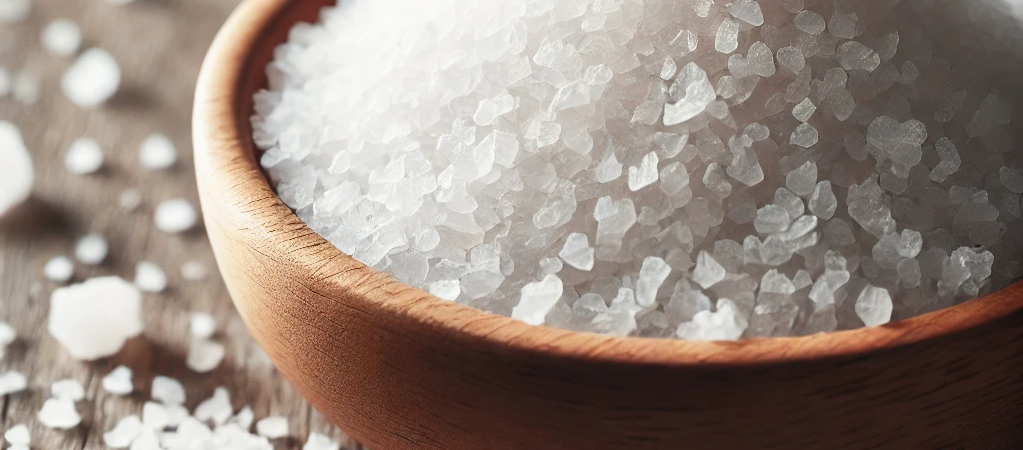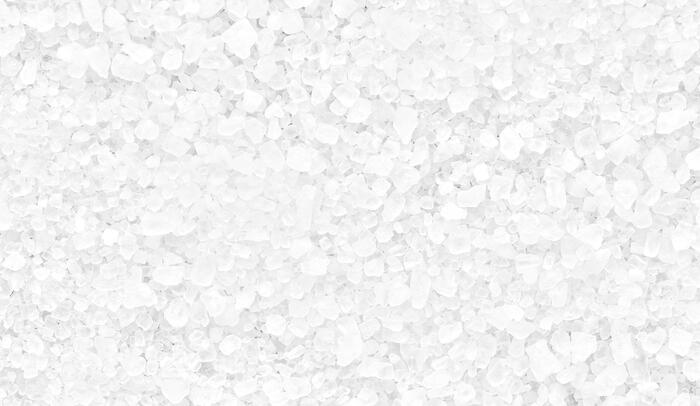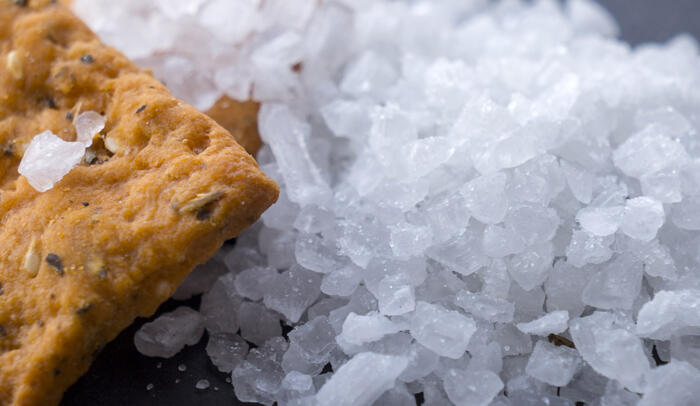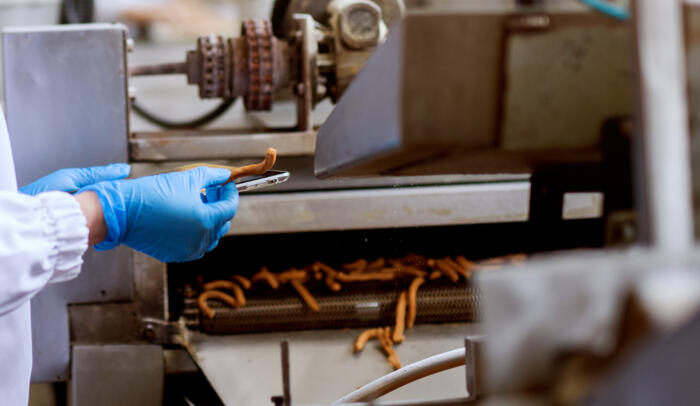French regulation on organic salt (bio salt): these are the official criteria
Since July 2024, an official specification applies in France for the organic production of salt. This complements the European basic regulation (EU 2018/848) and describes in detail the conditions that organic salt must meet. Below you’ll find what French law prescribes.

For food companies seeking high-quality salt with a low environmental impact, ecologically produced sea salt is currently the most suitable choice.
What is meant by organic salt?
The legislation covers salt extracted from natural sources such as seawater, salt mines, salt lakes or natural brine. Synthetic salt or salt resulting as a by-product of chemical processes is not eligible.
Strict separation of organic and non-organic salt
If you process organic and non-organic salts at the same location, it must be done completely separately — either in time or physically. Think of separate storage, clear batch registration and thorough cleaning of installations in between.
6-month conversion period
Before you can sell salt as organic, you must produce according to organic rules for at least six months. Has your production unit remained free of prohibited substances during this period? Then you can — with proof — also have this period recognized retroactively.
Environmental requirements and banned techniques
Salt production must proceed in the most environmentally friendly way possible according to French rules. Therefore, an environmental impact assessment is required. The following techniques are also banned:
- use of explosives for salt extraction (most rock salt is thus not eligible for the bio salt label)
- artificial dissolution of salt layers
- use of energy from non-renewable sources for evaporation (this is only banned as of July 2026)
- plastic bottoms in evaporation basins
- re-crystallization of dissolved salt (vacuum salt is therefore not eligible for the bio salt label)
What may be added to bio salt?
Aan biologisch zout mag niets toegevoegd worden, behalve jodium. Ook ingrediënten van niet-biologische oorsprong zijn niet toegestaan.
Traceability from production to packaging
Every step in the process must be recorded precisely. Think of the use of substances, cleaning of installations and the processing of batches. Non-organic salt must under no circumstances be sold as organic.
Organic salt does not yet meet the food industry's quality standards
Although France now has an official specification for the production of organic salt, it is important to note that no producer can currently combine this label with the food industry’s quality and purity requirements. Producers who currently carry a "bio" label are usually small-scale salt farmers (e.g. fleur de sel) with limited production capacity. Their salt is often not standardized in terms of moisture content, grain size and purity — three critical parameters for industrial use.
For food companies looking for high-quality salt with low environmental impact, ecologically produced sea salt is currently the most appropriate choice. These salts are sustainably extracted, meet the food industry’s technical requirements and are currently the most future-proof alternative.
Franse wettekst over biozout
Do you have questions about organic salt?
There’s still a lot of uncertainty surrounding organic salt. We’re happy to help you make sense of it all — with accurate information and personalised advice, completely without obligation.
Contact us


